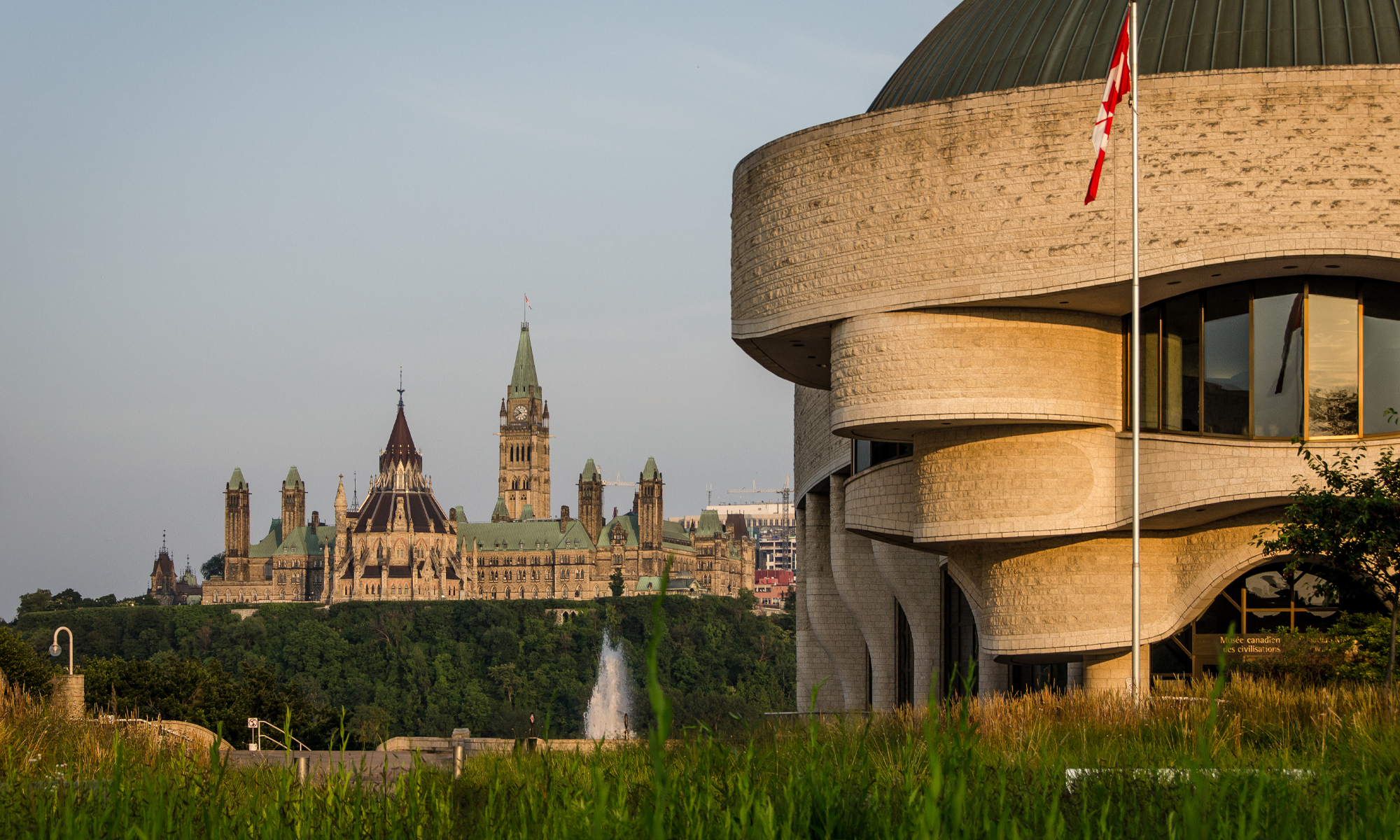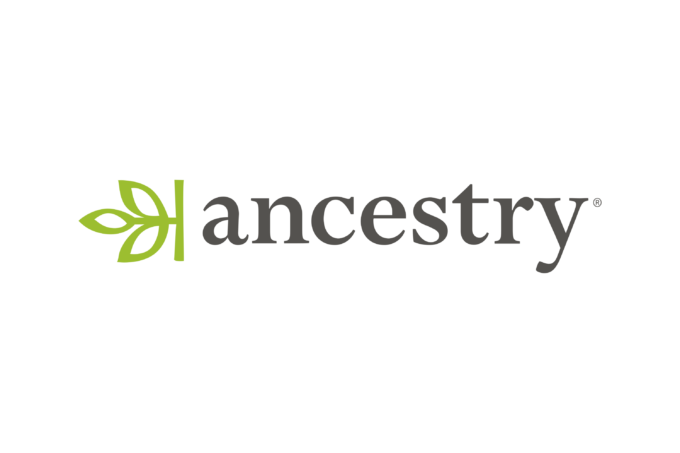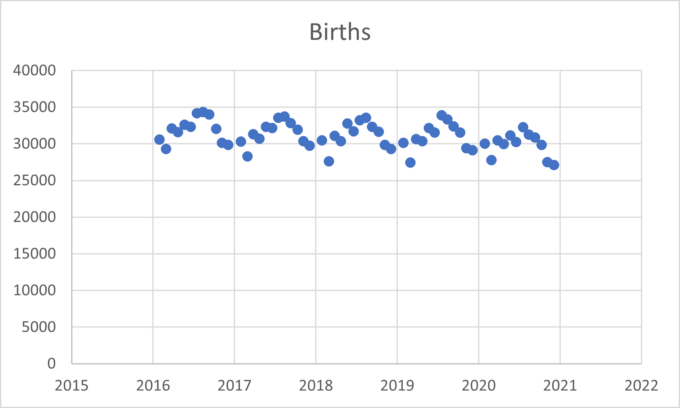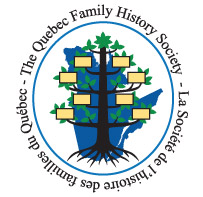The pandemic meant no access to archival resources in many institutions. This brought a halt to research as the vast majority of materials in archives is still in the original format. More is on microfilm, but much of that is only accessible within the institution.
There was/is an initiative from some of the more progressive institutions, mainly UK with a few from other countries, but none from Canada, seeking a technological solution to maintaining access. Research Libraries UK recently produced a report, New Frontiers of Digital Access: The development and delivery of Virtual Reading Rooms and Virtual Teaching Spaces amongst collection-holding institutions from which part of the summary and conclusions section is reproduced below.
“Virtual Reading Rooms and Virtual Teaching Spaces are emerging services which have largely grown out of the coronavirus pandemic. Although a pragmatic response to the closure, or partial closure, of buildings during various local, regional, and national lockdowns, VRRs have become established as bespoke research services and VTSs as valuable routes through which archives, special collections, museums and galleries can engage with diverse groups through virtual learning sessions.
Both VRRs and VTSs benefit from relatively low technological thresholds and the majority of institutions have created these services utilising affordable hardware, readily available software, and pre-existing spaces. The establishment and growth of VRR and VTS services have benefited from the fact that onsite services (as of June 2021) are still operating at below ‘normal’ pre-pandemic levels. The ultimate scalability and sustainability of these services will only become apparent as onsite services return to a degree of normality. The growing number of such services, their creation outside of periods of lockdown, their application to a greater variety of collection types, and diversification of their user base, would suggest that VRRs and VTSs will continue to develop as valuable research and teaching services into the future.
Staff time and expertise are the largest attributable resource required for the delivery of VRR and VTS services. The success of these services depend much on the skills and expertise of staff, particularly their familiarity with the collection and ability to work closely with researchers. As a result, these services offer many opportunities to showcase the knowledge, skills, and expertise of library staff, and the valuable contribution that they can make to the research process, both as service providers and research partners. They also present opportunities for combining collections held at multiple institutions virtually (both nationally and internationally), without the requirement of digitisation, and offer new collaborative opportunities between researchers and institutions.”
The report notes such remote access is also a means by which institutions can address the climate emergency
“the seriousness of the climate emergency will also question the viability and ethical basis of international travel. These factors combined mean that research libraries, archives and special collections, and museums and galleries, need, as a community, to collectively consider alternative means of collection access through which original research can be conducted.”
 If your heritage lies in Essex new records for Chingford, Leytonstone, South Chingford and Walthamstow in Findmypast’s Essex Marriages and Banns 1537-1935 collection are likely to be of interest. Those parishes are now in the London Borough of Waltham Forest.
If your heritage lies in Essex new records for Chingford, Leytonstone, South Chingford and Walthamstow in Findmypast’s Essex Marriages and Banns 1537-1935 collection are likely to be of interest. Those parishes are now in the London Borough of Waltham Forest.

 Looking for a deceased relative in East London? Chadwell Heath Cemetery (now known as Mark’s Gate) from 1934 comprising 16,681 records, and Eastbrookend Cemetery from 1914 containing 23,066 records,
Looking for a deceased relative in East London? Chadwell Heath Cemetery (now known as Mark’s Gate) from 1934 comprising 16,681 records, and Eastbrookend Cemetery from 1914 containing 23,066 records,  Gloucestershire, England, Church of England Baptisms, Marriages and Burials, 1538-1813 now has 4,858,358 records. In January 2019 the collection had 4,855,897 records, so the update is an increase of 2,461 records. No indication if the additions are for a particular parish or parishes.
Gloucestershire, England, Church of England Baptisms, Marriages and Burials, 1538-1813 now has 4,858,358 records. In January 2019 the collection had 4,855,897 records, so the update is an increase of 2,461 records. No indication if the additions are for a particular parish or parishes.
 Saturday, 2 October
Saturday, 2 October